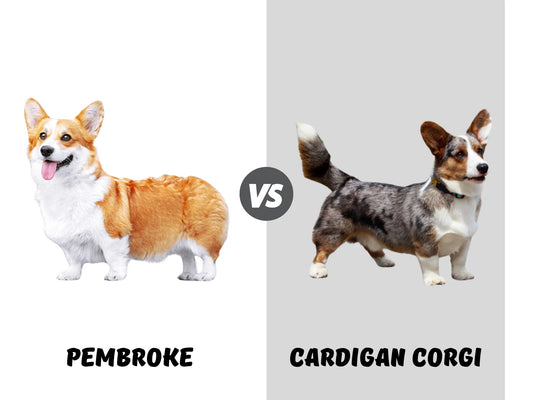
New Arrivals
-
Personalized Baby Girl Corgi Quilt – Custom Name Floral Puppy Blanket for Girls
Regular price $39.99 USDRegular priceUnit price / per -
Cute Corgi Valentine Shirt with Heart Glasses
Regular price $28.99 USDRegular priceUnit price / per -
Cute Corgi Valentine T-Shirt – Corgi Love Shirt with Heart Lollipop
Regular price $28.99 USDRegular priceUnit price / per -
Cute Corgi Valentine T-Shirt – Corgi Love Shirt with Heart Lollipop
Regular price $28.99 USDRegular priceUnit price / per -
Corgi Valentine T-Shirt The Perfect Gift for Every Dog Lover
Regular price $28.99 USDRegular priceUnit price / per -
Corgi Valentine T-Shirt – Cute Corgi Love T Shirt with Heart Design for Women
Regular price $28.99 USDRegular priceUnit price / per -
Romantic Corgi Quilt Love Edition Cute Corgi Bedding Set for Couples & Valentine Gifts
Regular price From $59.99 USDRegular priceUnit price / per -
Corgi Sweater Funny Corgi Christmas Car and Tree
Regular price $39.99 USDRegular priceUnit price / per
Popular Collections
Blog posts
View all-

Why Corgi Ugly Sweaters Are the Cutest Trend Th...
Every holiday season, the ugly Christmas sweater makes its grand return. Once a kitschy joke, these sweaters have become a beloved tradition at holiday parties, family gatherings, and even office...
Why Corgi Ugly Sweaters Are the Cutest Trend Th...
Every holiday season, the ugly Christmas sweater makes its grand return. Once a kitschy joke, these sweaters have become a beloved tradition at holiday parties, family gatherings, and even office...
-

Best Christmas Gift Ideas for Corgi Lovers in 2025
If you’re looking for the perfect Christmas gift for someone who’s obsessed with Corgis, you’ve come to the right place! Whether they own a fluffy little Corgi or just can’t...
Best Christmas Gift Ideas for Corgi Lovers in 2025
If you’re looking for the perfect Christmas gift for someone who’s obsessed with Corgis, you’ve come to the right place! Whether they own a fluffy little Corgi or just can’t...
-

Pembroke vs. Cardigan Welsh Corgi: Which Breed ...
Introduction to Pembroke and Cardigan Welsh Corgis Corgis are one of the most beloved dog breeds, known for their short legs, fluffy behinds, and charming personalities. But did you know...
Pembroke vs. Cardigan Welsh Corgi: Which Breed ...
Introduction to Pembroke and Cardigan Welsh Corgis Corgis are one of the most beloved dog breeds, known for their short legs, fluffy behinds, and charming personalities. But did you know...















